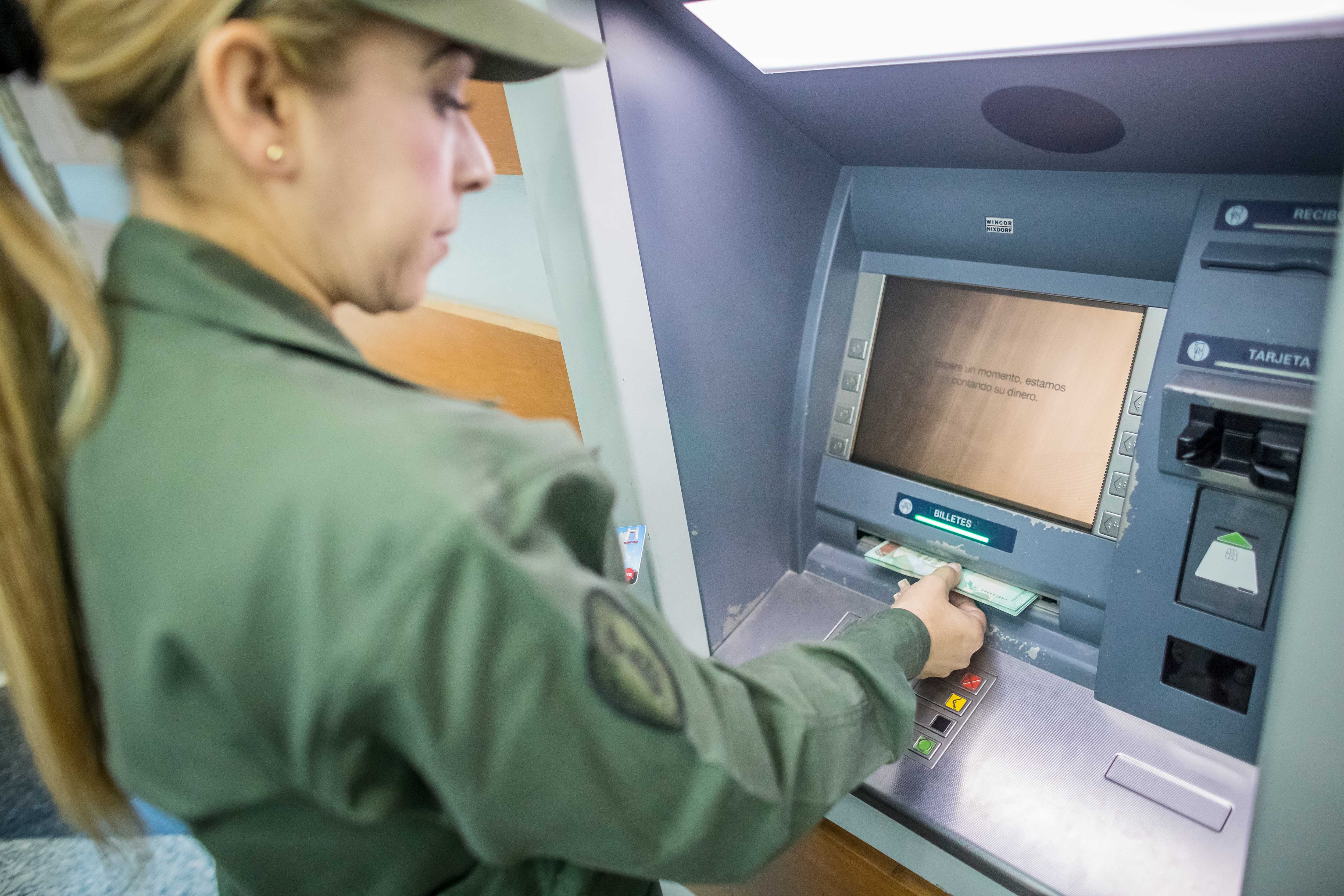
Venezuelans wake to currency adjustment, dropping 5 zeros from prices
The accounting adjustment to remove five zeros from Venezuela's currency is part of President Nicolás Maduro's "economic expansion and recovery" plan.
Venezuelans woke up on Monday with five fewer zeros on their bank accounts due to the monetary reconversion launched by order of the executive, which also decreed the day to be a holiday, resulting in almost deserted streets and the majority of stores closed.
The accounting adjustment to remove five zeros from the bolivar is one of the measures implemented by the government of Nicolás Maduro within its "economic expansion and recovery" plan, whereby Caracas is seeking to end the serious economic crisis besetting the nation.
In addition, on Monday a new set of currency notes began circulating under the name of the "sovereign bolivar" with denominations adjusted to the inflation rate, which according to International Monetary Fund estimates ended last year at 1 million percent.
However, the currency exchange desks at financial institutions will not be open on Monday, initially making the circulation of the new currency an uphill climb.
Public and private banks on Sunday night adjusted their computer systems during a financial "blackout" and were reactivating their platforms on Monday morning, some faster and more efficiently than others.
RELATED CONTENT
Although Maduro called for prices not to rise as a result of the measure, they had begun skyrocketing on Friday when he decreed that the minimum wage will increase 35 times over as of Sept. 1.
Products such as gasoline, whose price is so low that filling a medium size gas tank is 700 times cheaper than in neighboring Colombia, have experienced a de facto increase on Monday since the currency notes with which it was paid for in the past are now illegal.
EFE was able to verify that two gasoline stations in downtown Caracas were charging 10 times more for gas than on Friday, a price that continued to be extremely low due to the state subsidy on hydrocarbons, something that the government is also planning to rein in starting in September.
It is expected that the Central Bank and the economic ministries will provide information to the public regarding the new situation on Monday when other decisions are made such as the use of the petro, the government's cryptocurrency, as the unit for transactions by state-run oil firm PDVSA.
In addition, Maduro promised to unify the exchange market, which is controlled by the state and where it is estimated that the price of the US dollar will rise by 2,311 percent this week, a move that would amount to a currency devaluation of 95.8 percent.









LEAVE A COMMENT: